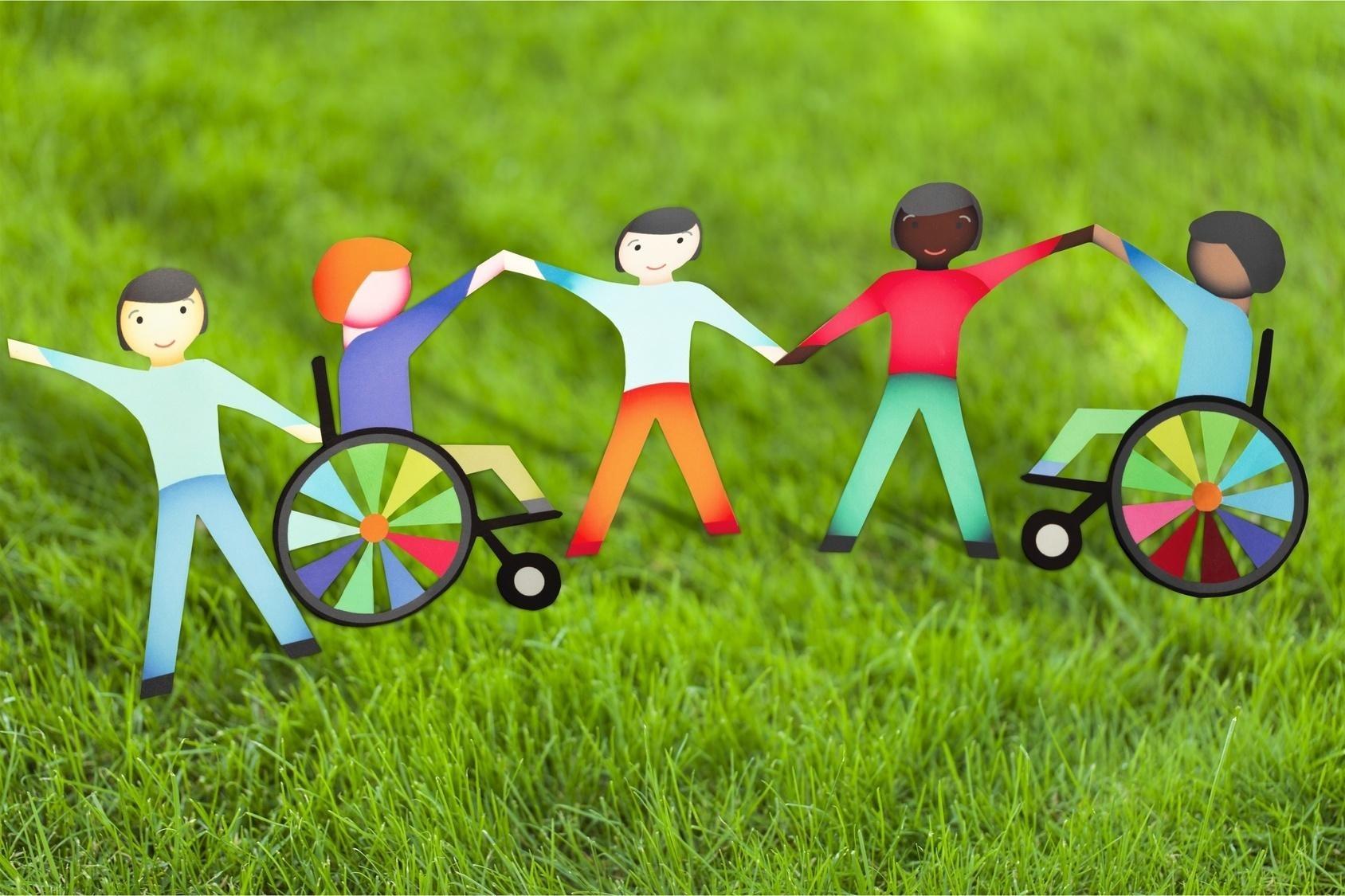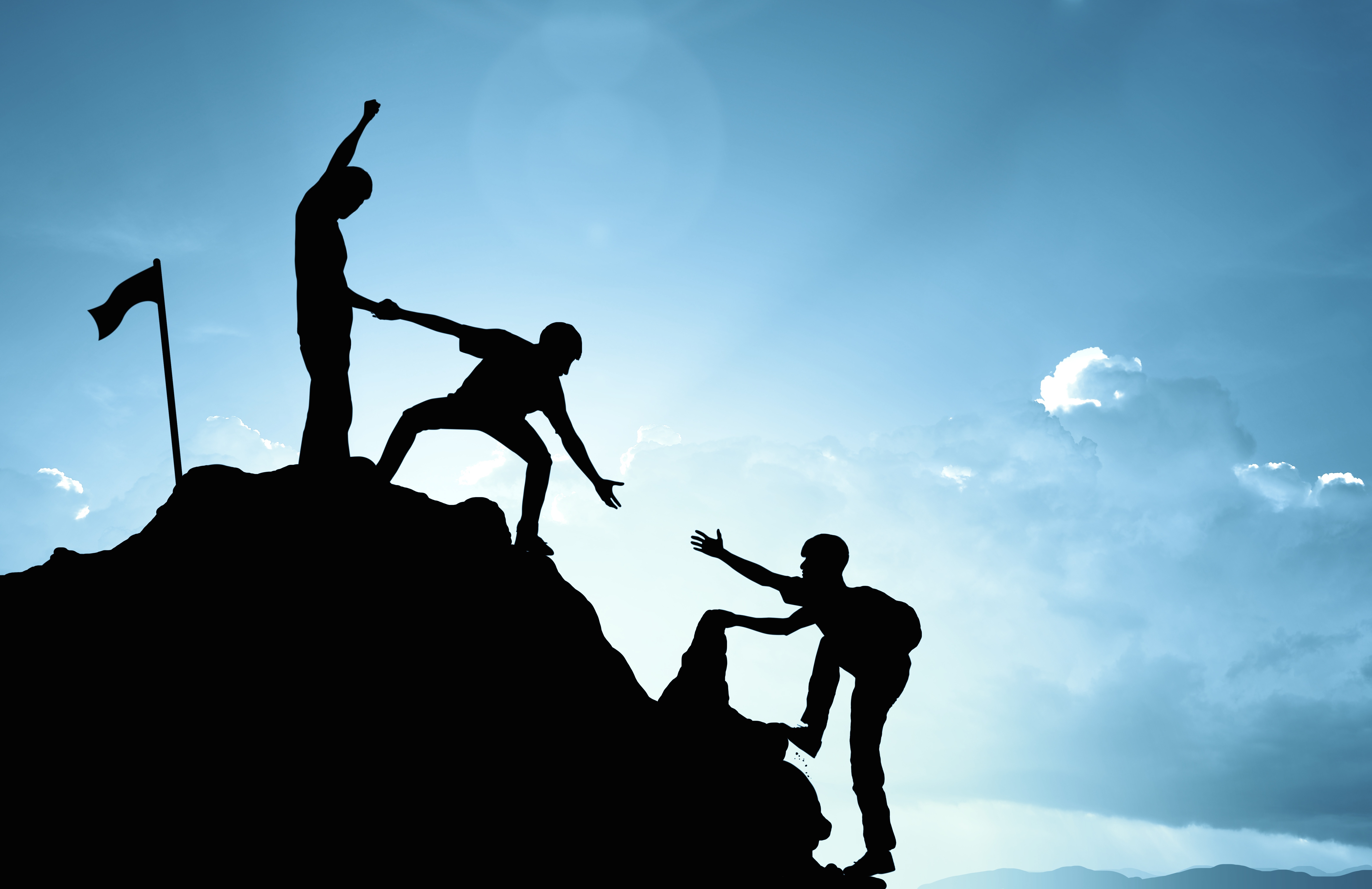This weekend I have been thoroughly impressed by the team at the Brighton Dome - so much so that I thought I would write a blog about my experiences. I really hope that other venues take on board some of the ways in which the Brighton Dome have approached making life that little bit easier for people with disabilities, and use this to improve their own practices.
My experience with conferences and venues varies widely - some provide no information whatsoever about accessibility (they do however tell me a lot about how accessible they are trying to make their website!) and others provide chapter and verse, complete with full video walkthrough of the routes to/from/around the venue (hat tip to the Eastern Enterprise Hub for their fantastic video).
Here are some of my thoughts on what Brighton Dome do well, and how other venues can follow their lead to help people with disabilities have a better experience.
Provide adequate information on your website
Without any exceptions, if I am visiting a new location the first place I will go to find information is your website. Make it easy for people to find information about venue accessibility. So many times I get sent to a website accessibility policy when I'm expecting to find information about how disabled-friendly your venue is!
I love the fact that Brighton Dome put this front-and-centre on their main menu - Access - next to About. As a user, I tend to expect to find this information under 'About', 'Venue', 'Access', or at a last ditch attempt, I sometimes find it lurking, hidden away under 'Finding us' or 'Contact Us'. Placing it on the main site navigation demonstrates to me that Brighton Dome take venue accessibility seriously, and make it easy for people to find the information. If it's buried five items deep on an obscure menu, you're giving me the impression that it's not something you're proud of.
I don't know if this was a good call by their web developers or a proactive decision by the venue, but either way you made my life much easier!
Also, we do understand that venues may not be perfect - if there are certain areas of the venue which people with certain types of disabilities will struggle with, it's OK to tell us that, in fact I would go so far as to say I would rather know what I'm likely to find difficult than to be confronted with it when I'm at the event, unexpected. What's even better is doing your best to ensure that this doesn't result in a lesser experience for us:
Whilst the Studio and Corn Exchange do not have designated viewing platforms, we can arrange for you to have a sectioned off area near the front of the auditorium so that you have the best chance of seeing the stage. Please contact our Visitor Services Team to arrange this.
The other thing I love about Brighton Dome's information is that they do their best to cover such a wide range of disabiltiies - not only providing physical access information but also details about auditory and visual facilities, temporary disabilities (how many people have had to go to a conference with a broken limb before!?!), information for people who may make involuntary noise, how personal care needs can be met, even where you can park with a blue badge nearby the venue. In fact, one of their access docs includes photographs of every relevant part of the venue. The only thing I would have really appreciated is some nearby food outlets that offer accessible seating, as I found this something of a challenge!
Have a designated point of contact if more information is required about accessibility
People with disabilities have a lot of questions, often more than you can answer on your one-page statement about accessibility. Our needs depend on our disabilities, the event we're going to be attending, what specific things we need to know in order to feel less anxious ... you get the picture!
It is inevitable that we will need to ask something specific to somebody who knows about the venue, performances, and the local area.
Please, provide a way for us to contact somebody who knows the answers, or who at least can find the right direction in which to point us. Please provide that contact in as many ways as you can - some of us might be better able to communicate our question by email, others might need to speak to someone on the phone. Quick questions could even be answered in a live-chat facility perhaps!
PLEASE make sure that your conference and event organisers know who to ask at your venue - sometimes we might be asking the questions to them, rather than you directly, so make sure they have the right contact details! Better still, provide them with the text to populate their website which explains all that visitors will need to know (or have them point at your own page).
Recently I went to Mamma Mia in London, their accessibility team were absolutely fantastic, even being able to tell me the dimensions of their chair lifts and widths of doors without needing to go away and look it up. While I didn't need to use the service offered by Brighton Dome, I was pleased to see that they provide clear routes to get in touch with their team.
Have enough staff on hand to ensure that any problems are picked up quickly, and you don't get lost!
Events are busy - especially when there are lots of people! It's very overwhelming being in these conditions when you have a disability, especially if you are on your own and don't know anybody. It can be disorienting trying to work out where you are meant to be, how to get there, where the step-free routes are, even to clear a path wide enough to get your wheelchair from A to B in my case!
This weekend, I was really impressed that there was a member of staff at or very close to every door. Situated at strategic locations in the big halls. At the entrance and exits of each room. The staff members were attentive to people passing them, open to helping where it was needed or just being there to hold the door. Several times I struggled to work out which room I needed to be in, or how to get from A to B - I didn't have to go far to find a lovely, smiling face who pointed me in the right direction and, often-times, took me where I needed to be.
People often don't realise how much of a difference this can make to the experience of someone with disabilities, and I was extremely grateful to all the lovely men and women who helped me at some point this weekend. Thanks to you I was able to enjoy the event, relax, and even laugh about my total brain-fog moments of not remembering how to get to a room I had been in only an hour beforehand!
Let's not forget here, that having enough staff to support an event doesn't only help people with disabilities. The staff on duty picked up on developing problems quickly, and stepped in courteously and politely to keep things moving - whether it was people not moving along seat rows or drinks being spilled in a heavy footfall area causing a potential hazard. People on the ground pick these things up. If you have enough people available to support the event, you'll naturally be offering the attendees a better service.
Ensure all staff are fully briefed on locations of sessions and the quickest routes between facilities
As I alluded earlier, sometimes people with disabilities (and even those who are still hungover from the night before .... which is not, by the way, mutually exclusive of people with disabilities!) have mental blanks. Brain-fog can be totally debilitating. For me, I lose all semblance of thought processes, and I simply can't get words out or even remember what I need to ask. I forget which room I was heading to, and I certainly can't remember how to get to that room in the back corner of the sprawling venue.
Several times over the weekend I was in room A and I needed to get to room B fairly quickly for the start of a session. Each and every time, I simply asked the nearest member of staff how to get to a specific session, and they skilfully directed me in the quickest route between facilities.
On a recent visit to the London Science Museum I had a similar experience, with the lovely staff sneaking us between floors via staff lifts where there were large queues for families with pushchairs using the lifts. Trust me, when you're having to push yourself around all day long, any saving on wheel-time is a bonus. Having your staff familiar with, or able to find quickly, the session titles and locations makes a big difference.
Think about where people with disabilities will be seated, and whether this is appropriate to their needs
The number of times I've been to conferences and there has been absolutely no thought about where people with disabilities would be seated does not bear thinking about.
More often than not, I end up being plonked right at the front (often facing the crowd!), or right at the back of the hall and not able to see the speaker. I've had times where I've not been able to get into the rooms because they only entry point is at the back of the hall and the aisles aren't wide enough to fit a wheelchair down the middle or sides.
At Brighton Dome they have specific areas which are designated for wheelchair users, allowing you to discretely slot into the regular seating plan and still see the speaker. Entrance to the rooms is via several doors, so you can get to the one closest to the disabled seating pretty easily. Again, the staff know how to get you into and out of the various rooms in the least disruptive way, which is a huge help.
Some conferences also reserve areas for people who need to be able to see the speaker, such as those who lipread or have a hearing impairment.
If in doubt, simply ask people what would best suit their needs, and do your best to be as accommodating as you are able. It doesn't take much to ask someone what would work best for them, but it means a lot.







